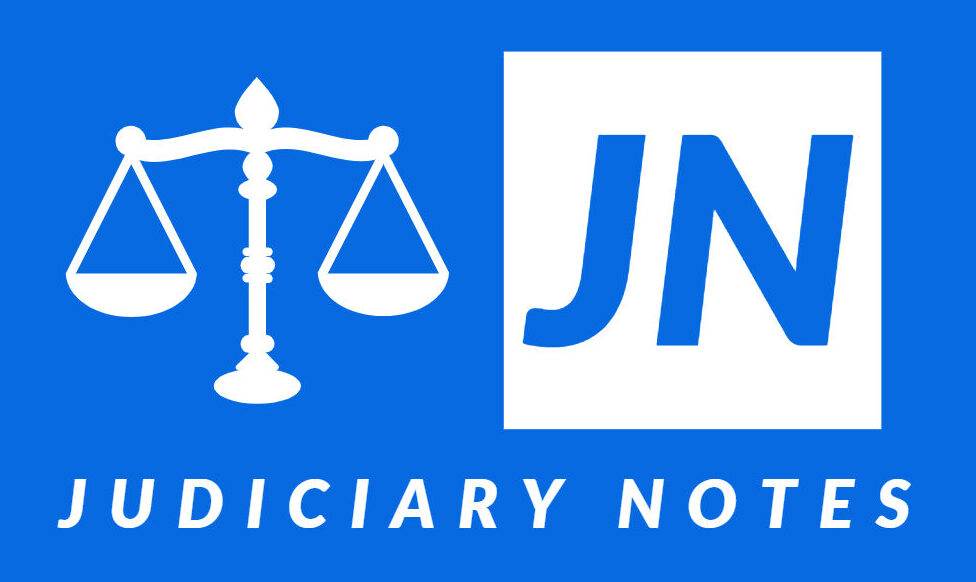Section 31 of CPC deals with the summoning of witnesses to give evidence in a civil suit. The provision empowers the court to issue summonses to any person whose evidence is relevant to the case, regardless of whether they are a party to the suit or not. The summons can require the witness to attend court on a specific date and time to give evidence or to produce documents or other objects.
Related Orders of Section 31 of CPC:
Several other provisions of the CPC are related to Section 31 of CPC, including:
- Order XVI of the CPC: This Order deals with the examination of witnesses. It sets out the procedure for conducting examinations-in-chief, cross-examinations, and re-examinations.
- Order XVII of the CPC: This Order deals with the summoning and attendance of witnesses. It sets out the procedure for serving summonses, punishing witnesses who fail to comply with summonses, and awarding costs to witnesses.
- Order XVIII of the CPC: This Order deals with the production of documents and other objects. It sets out the procedure for requiring parties to produce documents or other objects, and for inspecting documents and other objects that have been produced.
How to Obtain a Summons Under Section 31 of CPC
A party who wishes to obtain a summons under Section 31 of CPC must file an application with the court. The application must set out the name and address of the witness, the date and time on which the witness is required to attend court, and the reason why the witness’s evidence is necessary. The court will then issue a summons to the witness.
Grounds for Refusing to Issue a Summons
The court may refuse to issue a summons under Section 31 of CPC if it is satisfied that:
- The witness is not competent to give evidence.
- The witness is not relevant to the case.
- The witness is not necessary for the fair and just disposal of the case.
- The summons is being sought for the purpose of harassing or embarrassing the witness.
Consequences of Failing to Obey a Summons
A witness who fails to obey a summons under Section 31 of CPC may be punished with a fine or imprisonment. The court may also order the witness to pay the costs of the party who applied for the summons.
Section 31 of CPC is an important provision that empowers the court to summon witnesses to give evidence in a civil suit. This provision is essential for ensuring that the court has access to all relevant information before making a decision.
Example of a Related Order of the CPC
Order XVI, Rule 1 of the CPC states that the parties to a suit and their witnesses shall be examined-in-chief, cross-examined, and re-examined in that order. This rule is related to Section 31 of CPC because it sets out the procedure for examining witnesses who have been summoned to court under Section 31.
Vijayalakshmi vs. Srinivasan (2003) 9 SCC 27
In this case, the Supreme Court held that the power to summon witnesses under Section 31 of CPC is a discretionary power that must be exercised judicially. The court also held that the power should not be used to harass or embarrass the witness.
The facts of the case were as follows: The plaintiff filed a suit against the defendant, claiming damages for defamation. The plaintiff served a summons on the defendant, requiring him to attend court and give evidence. The defendant did not attend court, and the plaintiff filed an application for the defendant to be punished for failing to obey the summons.
The court held that the power to summon witnesses under Section 31 of CPC is a discretionary power. This means that the court is not required to issue a summons to every witness who is requested to do so. The court must consider the specific circumstances of each case before issuing a summons.
In this case, the court held that the plaintiff had not shown good cause for the defendant to be summoned. The defendant was not a party to the suit, and his evidence was not essential for the fair and just disposal of the case. The court also noted that the defendant was a senior citizen, and that requiring him to attend court would cause him undue hardship.
Union of India vs. M/s. Birla Brothers Ltd. (1991) 2 SCC 646
In this case, the Supreme Court held that the power to summon witnesses under Section 31 of CPC can be used to summon witnesses who are not resident in India. However, the court held that this power should be used sparingly and only in exceptional cases.
The facts of the case were as follows: The Government of India filed a suit against Birla Brothers Ltd., claiming damages for breach of contract. The Government served a summons on Birla Brothers Ltd., requiring it to attend court and give evidence. Birla Brothers Ltd. did not attend court, and the Government filed an application for Birla Brothers Ltd. to be punished for failing to obey the summons.
Birla Brothers Ltd. argued that it could not be summoned to court because it was not resident in India. The Supreme Court rejected this argument. The court held that Section 31 of CPC does not distinguish between resident and non-resident witnesses. The court also held that the power to summon non-resident witnesses is necessary to ensure that the court has access to all relevant information before making a decision.
However, the court cautioned that the power to summon non-resident witnesses should be used sparingly and only in exceptional cases. The court stated that the court should consider the following factors before summoning a non-resident witness:
- The importance of the witness’s testimony to the case.
- The inconvenience and expense that would be caused to the witness.
- The availability of other means of obtaining the witness’s testimony, such as video conferencing or depositions.
The court also stated that the court should order the party who is requesting the summons to pay the witness’s travel and accommodation expenses.
These are just two examples of case laws on Section 31 of CPC. There are many other cases that have dealt with different aspects of this provision. It is important to note that the law in this area is constantly evolving, and it is always advisable to consult with a lawyer before filing an application to summon a witness.

